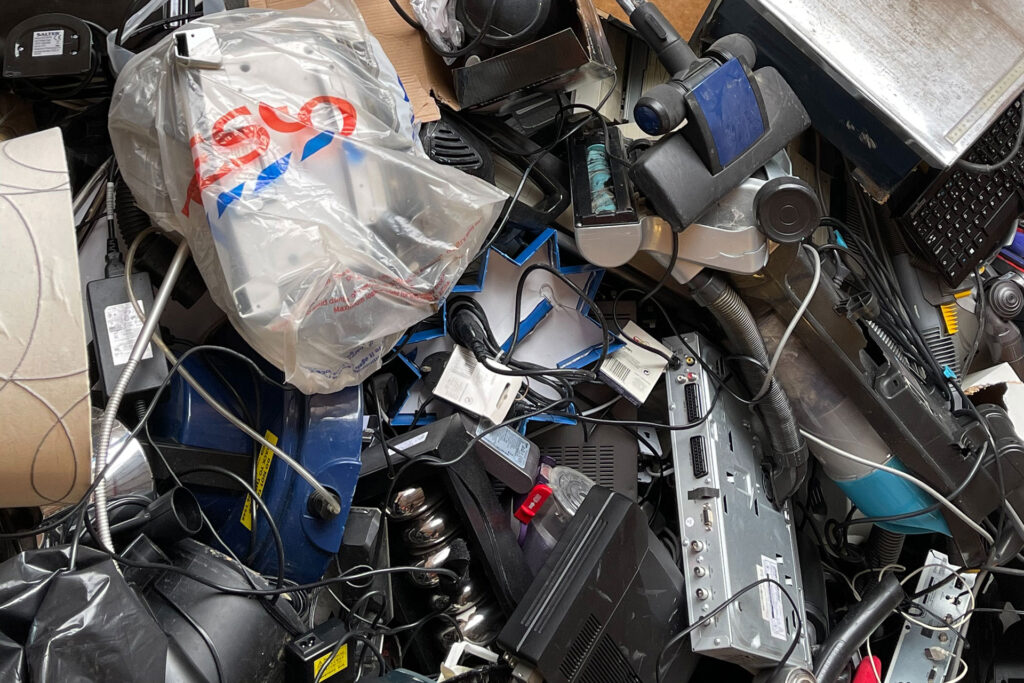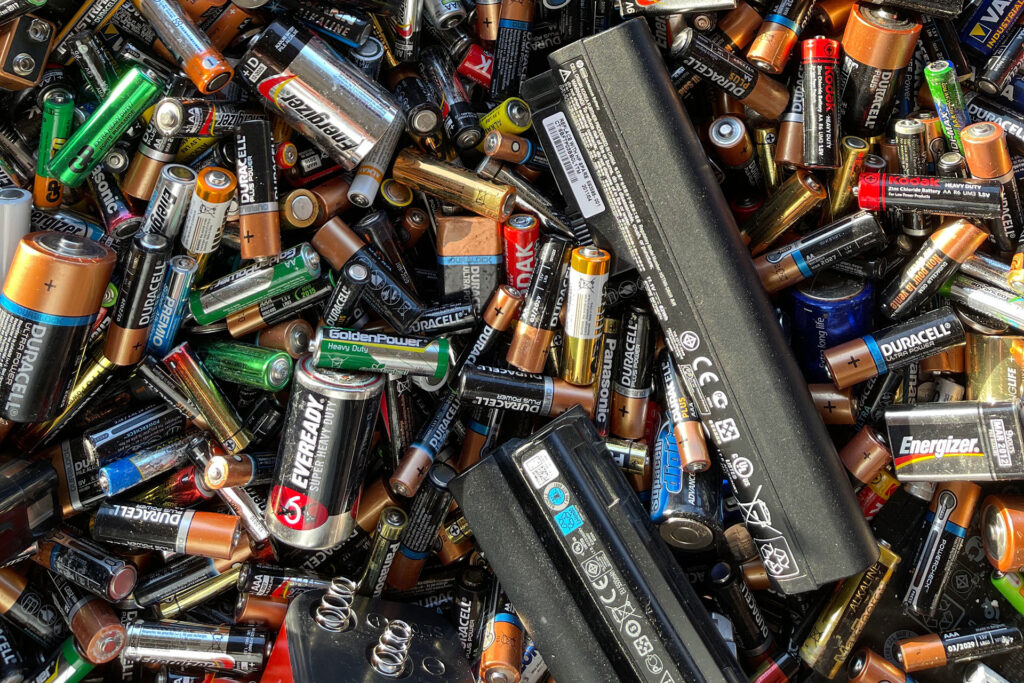You want to know why I’d rather be a high-end sports car dealer than an audiophile store owner these days? More often than not, high-end cars, over time, wear out or get old. People wreck them more frequently than you’d think. Hell, sometimes exotic cars even end up burned to a crisp and at the bottom of the ocean like my friend’s $300,000 Porsche Panamera GTS this past winter. Well-made high-end audio gear, on the other hand, seems to live on forever.
If you bought, for example, a Mark Levinson No. 38 preamp from me back in the old days at Christopher Hansen Ltd. in Beverly Hills in the mid-1990s, would you actually need to trade it in on a new model? Mind you, it likely doesn’t deliver all the bells and whistles or the connectivity of a current Mark Levinson two-channel preamp, but it sure is a solid component even 20 years later. Perhaps more importantly, if you were to upgrade, you could likely find a buyer for our old No. 38 without much effort. Simply put, good audio gear can live on forever.
If you ask somebody at the AT&T, T-Mobile, or Verizon store why they are paying $200 for your old, beat-to-hell iPhone, they might tell you that the goal is to recycle the rare Earth material known as neodymium found inside the phone (and likely the metal in your best speaker’s tweeter magnet). And while that explanation might be true, it’s also true that the cell provider really just wants you using the latest model phone. These savvy marketers simply aren’t in the used phone business. That’s the main reason why they want your old phone. They know to get the old, hard-to-service, and likely less profitable hardware off the streets and keep the market refreshed.
What if audio companies did the same?
Imagine a theoretical world where you could get, say, a 20percent discount at Magnolia on premium gear when trading in the older components you’re replacing? Those components then can come out of circulation,pushing people to invest in new gear and potentially making similar used gear more valuable.
One of our stated goals with FutureAudiophile.com is to bring new people into the hobby of premium audio playback. And there are any number of roadblocks in front of us, from lifestyle changes to demographics to declining home ownership. But one of the biggest problems facing us is that the only thing old audiophiles and new converts seem to agree upon is that vintage gear is super appealing for any number of reasons.
When my career in high end AV gear sales was at its peak, Audiogon.com wasn’t a thing yet. Today, one might argue that Audiogon.com is the most meaningful community in high end audio. The ability to keep your audiophile gear as a “nearly liquid” asset allows for people to proceed in their journey with ease.

I mentioned my days in the early 1990s at Christopher Hansen’s. We had a local guy named Joel who was a legitimate, VW-Microbus-driving hippie. He had made some money somewhere in his life and what he did with it wasn’t invest in stocks or bonds. He bought audiophile components around Los Angeles and shipped them overseas with the goal of repeatedly turning a profit of 10 percent. Entire shipping containers full of audio gear at 10 percent margins kept Joel making a very nice living for a long time. In that era, the “Usenet” (aka: early online discussion forums) had rudimentary places that you could sell AV gear that wasn’t as slow as posting an ad in the back of Stereophile – which also was viable back then. I helped Joel sell some stuff there right after I left Cello to start AudioRevolution.com, but still, most of his gear was sent to Asia. Asia can consume more audio gear than the U.S. even on the worst day, but today’s gear now has ways to detect if the gear isn’t getting the perfect electrical signal. People find hacks around these chips or just pay the local, overseas distributor to “cover any warranty” on the products, but these hacks don’t really help sell more gear. Today, this concept is more “pushing food around on your plate” versus earning new clients.

The best solution to create a new future for the audiophile hobby is to find new, enthusiastic hobbyists. That’s not easy, but it our stated editorial mission for the next decade or two here at FutureAudiophile.com.
In the meantime, a shorter-term solution would be to find a way to “recycle” more and more gear, thus making new spaces in the market for new, higher-value, more-efficient, more advanced gear. I’ve seen companies like Krell pull off such a program in the past, and it creates a hard-to-miss sales opportunity for people looking to upgrade their Krell gear. Maybe others should follow suit with a limited time, special offer that if you trade in “X component” for anything “from our product lines over Y amount of money,” you get up to “Z dollars back” towards said new purchase. Implementation could be as simple as creating an email account and/or a phone number that consumers and dealers alike could call for an exact quote on a trade just as Carvana does. Imagine if a top performing audiophile salesperson knew that he or she could swap out a bunch of their gear and sell new stuff all over again. How much commission they could make? Everybody wins: The consumer. The dealer. The salesperson. And, of course, the manufacturer.
Such creative solutions would be a good start to refresh the business that has little to no downside.




Brilliant! Idea. I drop mine at Best Buy (they offer free recycling) or with the city when they offer free electronics recycling.
Great idea Leland. I do the same. Sometimes Staples works too.
My suggestion was for bigger ticket items like old Krell amps or Levinson. Stuff that would linger on Audiogon.com and eBay.com.
Nobody wraps an adcom amp around a tree like they do with a Porsche or Ferrari thus this audio stuff sticks around forever.
At least one High-End Audio Manufacturer does this already. PS Audio provides a Trade In discount up to a specific per-product amount based upon the full original retail value of your recycled component. It must be in working condition and you pay for shipping, but its very simple. They have an arrangement with The Music Room to resell your gear and get a percentage back to help offset the discount. Now this works because they don’t have to support a U.S. dealer/distribution chain. On the other hand, they allow a 30-day in-home trial with them paying return freight. You don’t get the custom treatment from a local dealer as I did when I managed one of your competing stores, but quite frankly that level of service is almost non-existent today.
Paul’s son (whom I’ve not spent a lot of time with yet) seems really progressive.
We’ve got THREE PS Audio products in for review now. A Sprout. A Power Plant and a $2,000-ish amp. 2023 will have some good ink for them.
We will try to get this mentioned in their reviews.
Thanks for the comments. I hope you dig the new site!